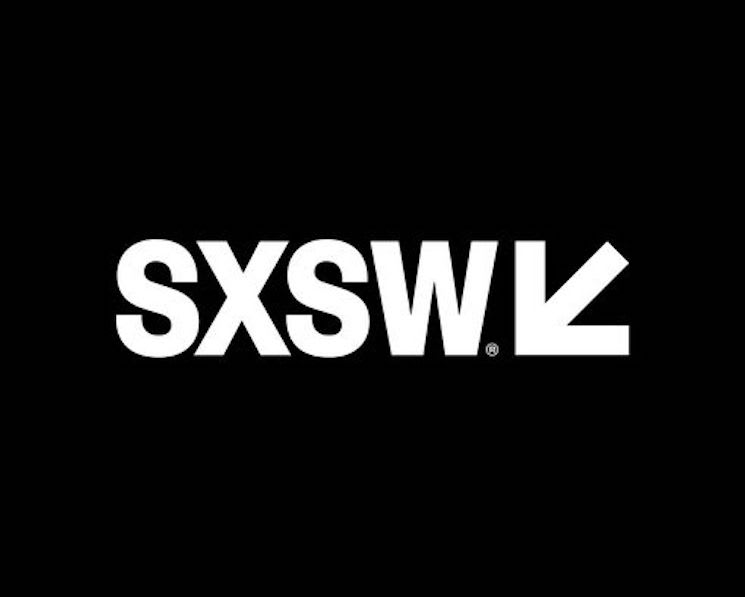The city of Austin has officially cancelled all SXSW 2020 programming due to concerns of the coronavirus spreading at the Texas event.
"We are devastated to share this news with you. 'The show must go on' is in our DNA, and this is the first time in 34 years that the March event will not take place," SXSW organizers wrote in a statement. "We are now working through the ramifications of this unprecedented situation."
The statement continued, "As recently as Wednesday, Austin Public Health stated that 'there's no evidence that closing SXSW or any other gatherings will make the community safer. However, this situation evolved rapidly, and we honor and respect the City of Austin's decision. We are committed to do our part to help protect our staff, attendees, and fellow Austinites."
Organizers wrote that they "are exploring options to reschedule the event and are working to provide a virtual SXSW online experience as soon as possible for 2020 participants, starting with SXSW EDU. For our registrants, clients, and participants we will be in touch as soon as possible and will publish an FAQ."
The statement concluded, "We will continue to work hard to bring you the unique events you love. Though it's true that our March 2020 event will no longer take place in the way that we intended, we continue to strive toward our purpose — helping creative people achieve their goals."
The spread of the COVID-19 virus has begun to disrupt the entertainment industry at large. This week, organizers for Miami's Ultra Music Festival cancelled this year's event over concerns of spreading the viral infection, while the forthcoming James Bond film No Time to Die had its release delayed until November.
A lengthy list of artists have also recently cancelled tours over coronavirus fears, including Mac DeMarco, New Order, Avril Lavigne, the National, Wolf Parade, Green Day and many more.
Prior to announcement of SXSW's cancellation, companies including Amazon, Facebook, Twitter and Apple pulled out of the annual event, which was scheduled to take place from March 13 to 22.
Global reported COVID-19 infections have now surpassed 100,000.
"We are devastated to share this news with you. 'The show must go on' is in our DNA, and this is the first time in 34 years that the March event will not take place," SXSW organizers wrote in a statement. "We are now working through the ramifications of this unprecedented situation."
The statement continued, "As recently as Wednesday, Austin Public Health stated that 'there's no evidence that closing SXSW or any other gatherings will make the community safer. However, this situation evolved rapidly, and we honor and respect the City of Austin's decision. We are committed to do our part to help protect our staff, attendees, and fellow Austinites."
Organizers wrote that they "are exploring options to reschedule the event and are working to provide a virtual SXSW online experience as soon as possible for 2020 participants, starting with SXSW EDU. For our registrants, clients, and participants we will be in touch as soon as possible and will publish an FAQ."
The statement concluded, "We will continue to work hard to bring you the unique events you love. Though it's true that our March 2020 event will no longer take place in the way that we intended, we continue to strive toward our purpose — helping creative people achieve their goals."
The spread of the COVID-19 virus has begun to disrupt the entertainment industry at large. This week, organizers for Miami's Ultra Music Festival cancelled this year's event over concerns of spreading the viral infection, while the forthcoming James Bond film No Time to Die had its release delayed until November.
A lengthy list of artists have also recently cancelled tours over coronavirus fears, including Mac DeMarco, New Order, Avril Lavigne, the National, Wolf Parade, Green Day and many more.
Prior to announcement of SXSW's cancellation, companies including Amazon, Facebook, Twitter and Apple pulled out of the annual event, which was scheduled to take place from March 13 to 22.
Global reported COVID-19 infections have now surpassed 100,000.
